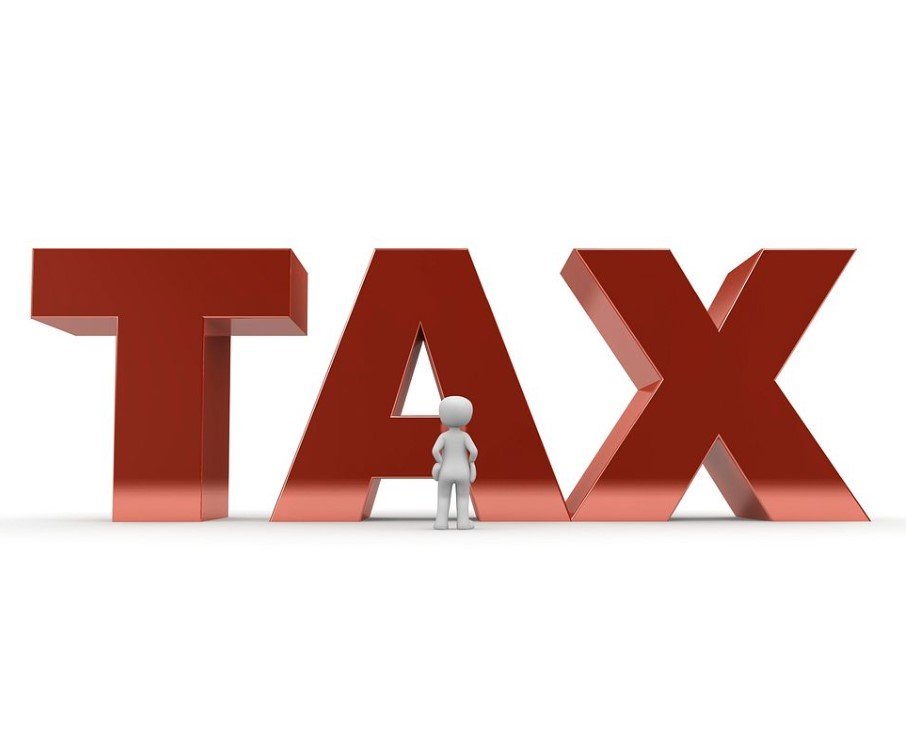The Nebraska Legislature’s Revenue Committee is set to hold two crucial hearings on Wednesday to discuss the introduction of a new tax on flavored nicotine pouches and the exemption of residential electricity from sales taxes. These proposals aim to address public health concerns and provide financial relief to residents. The oral tobacco tax targets products like ZYN nicotine pouches, which have seen a rise in underage usage, while the electricity exemption seeks to reduce the financial burden on households. The outcomes of these hearings could significantly impact both public health and household finances in Nebraska.

The Proposed Oral Tobacco Tax
The proposed oral tobacco tax is a response to the increasing popularity of flavored nicotine pouches among minors. The tax would impose a special levy of 10 cents per ounce on alternative nicotine products, including popular brands like ZYN. This measure is intended to curb underage usage by making these products less affordable and accessible. Senator Jana Hughes, the main sponsor of the bill, has been a vocal advocate for increasing taxes on vaping products to combat their use among teenagers.
The Revenue Committee’s decision to consider this tax reflects growing concerns about the health risks associated with nicotine use among young people. Studies have shown that early exposure to nicotine can lead to addiction and other long-term health issues. By imposing a tax on these products, lawmakers hope to discourage their use and protect public health. The committee is expected to vote on the proposal later this week, and if approved, it will be submitted to the full legislative body for debate.
The introduction of this tax also aligns with broader efforts to regulate the tobacco industry and reduce its impact on public health. Similar measures have been implemented in other states, with varying degrees of success. The outcome of Nebraska’s proposal could serve as a model for other regions considering similar actions.
Residential Electricity Exemption
The second proposal under consideration is the exemption of residential electricity from sales taxes. This measure aims to provide financial relief to households by reducing their monthly utility bills. The exemption would apply to all residential electricity usage, making it more affordable for families and individuals. This proposal has garnered significant support from both lawmakers and the public, who see it as a necessary step to ease the financial burden on residents.
The exemption is particularly relevant in the context of rising energy costs and economic challenges faced by many households. By removing the sales tax on residential electricity, the legislature hopes to make a tangible difference in the lives of Nebraskans. The proposal is expected to stimulate economic activity by increasing disposable income, which can be spent on other goods and services.
However, the exemption also raises questions about its impact on state revenue. Sales taxes on utilities are a significant source of income for the state, and removing this tax could result in a budget shortfall. Lawmakers will need to carefully consider the potential economic benefits and drawbacks of this proposal. The hearing will provide an opportunity for stakeholders to present their views and for the committee to assess the overall impact of the exemption.
Implications and Next Steps
The outcomes of these hearings will have significant implications for public health and household finances in Nebraska. If the oral tobacco tax is approved, it could lead to a decrease in the use of flavored nicotine pouches among minors, contributing to better health outcomes. The residential electricity exemption, on the other hand, could provide much-needed financial relief to residents, helping them manage their utility costs more effectively.
Both proposals reflect broader trends in public policy aimed at improving health and economic well-being. The hearings will provide a platform for lawmakers, experts, and the public to discuss the merits and potential challenges of these measures. The decisions made by the Revenue Committee will set the stage for further legislative action and could influence similar initiatives in other states.
As the hearings approach, stakeholders are encouraged to participate and share their perspectives. Public input will be crucial in shaping the final outcomes and ensuring that the proposals address the needs and concerns of Nebraskans. The hearings represent an important step in the legislative process, and their outcomes will be closely watched by both supporters and opponents of the measures.
David Johnson is a respected writer known for his expertise in crafting compelling articles about cannabis. With a passion for exploring the intersection of cannabis, health, and wellness, he sheds light on the therapeutic properties and potential uses of this versatile plant. David’s in-depth analysis and thought-provoking commentary offer readers a deeper understanding of the evolving landscape of cannabis legislation, consumption methods, and industry trends.








